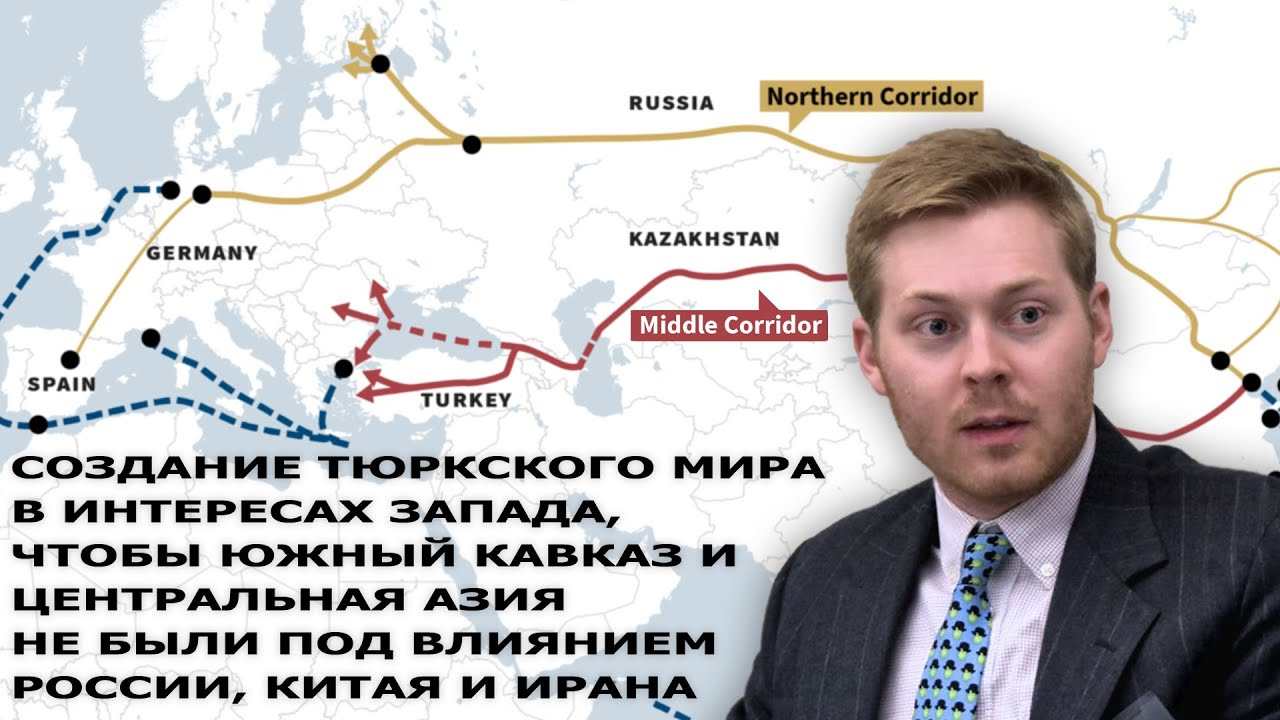
Publication
Stratfor shares forecasts on the South Caucasus

ARVAK Center comment, 27.04.2024
On April 20, 2024, Matthew Orr, an expert of Stratfor – the authoritative Center for intelligence and analysis – in an interview with the Armenian portal News.am made several interesting predictions regarding the processes in the South Caucasus, Armenian-Azerbaijani relations and the situation around Iran. Special attention should be paid to the expert’s forecasts, considering Stratfor’s close ties, as it is commonly believed, with the CIA, the Pentagon, and the State Department, which provide the Center access to various reliable sources of information.
The Stratfor analyst gave a rather extensive interview, but in general, 7 main theses and forecasts can be derived from his geopolitical analysis:
- Russian policy in the South Caucasus has failed, and Moscow is currently trying to compensate for the loss of its influence in the region through close rapprochement with Azerbaijan.
- Armenia will gradually move away from Russia and, in the medium term, withdraw from the bloc formats under Moscow’s patronage.
- In the short term, Azerbaijan will continue to press on the Armenian authorities to make maximum concessions on the borders and along the “Zangezur corridor”, but a large-scale war is unlikely in case of non-compliance.
- In the short and medium term, the Nagorno-Karabakh issue is closed, and if any part of the Armenians returns to their homeland, they will become ordinary citizens of Azerbaijan, without the right to any form of autonomy.
- In case of escalation between Israel and Iran to the level of open confrontation, Azerbaijan can be involved into the war as an Israeli springboard.
- In case of increasing steps of Yerevan and Baku to conclude peace, the West will give tangible security guarantees to Armenia and provide assistance without directly including it in any bloc format. Georgia can serve as a “successful” example of the productivity of such guarantees.
- Iran, in the event of a war between Azerbaijan and Armenia, will not risk to get involved into the conflict contrary to its warnings.
It should be noted that Matthew Orr’s forecasts and assessments do not include the possibility of a radical change in the political trends currently observed in the South Caucasus. Armenia is gradually but surely reorienting itself towards the West. Azerbaijan, which has room to maneuver, will move towards a certain rapprochement with Russia. However, it will not step beyond the acceptable limits set by Turkey and the West. At the same time, it will fulfill the function of containing Iran if it threatens the immediate security of the Jewish state.
Given Stratfor’s aforementioned connection with Washington’s core agencies, it should be noted that Orr’s assessments in fact are resemble an already implemented action plan for shaping new realities in the region rather than analysis in the pure sense of the word. Obviously, the Stratfor expert is aware of the processes coordinated by the Western coalition in the South Caucasus and analyzes trends based on the logic of the processes currently controlled by the United States and the European Union. However, the review excludes such possible events as a change of power in Armenia or Turkey, an prompt victory of Russia in Ukraine, or, for example, the acquisition of a “nuclear” status by Iran. Any of these possible scenarios may affect the outline of the political processes he has derived.
Nevertheless, from the point of view of the current realities in the region, and provided there are no “emergency situations” in the future, the Stratfor analyst’s forecast looks quite convincing and consistent with Washington’s optimal plans for controlling the geopolitical processes in and around the South Caucasus.
